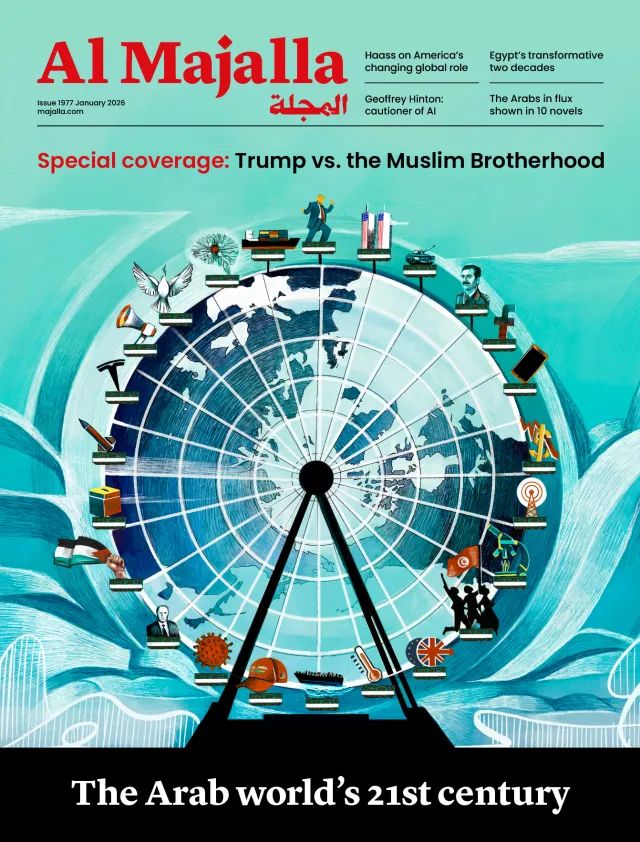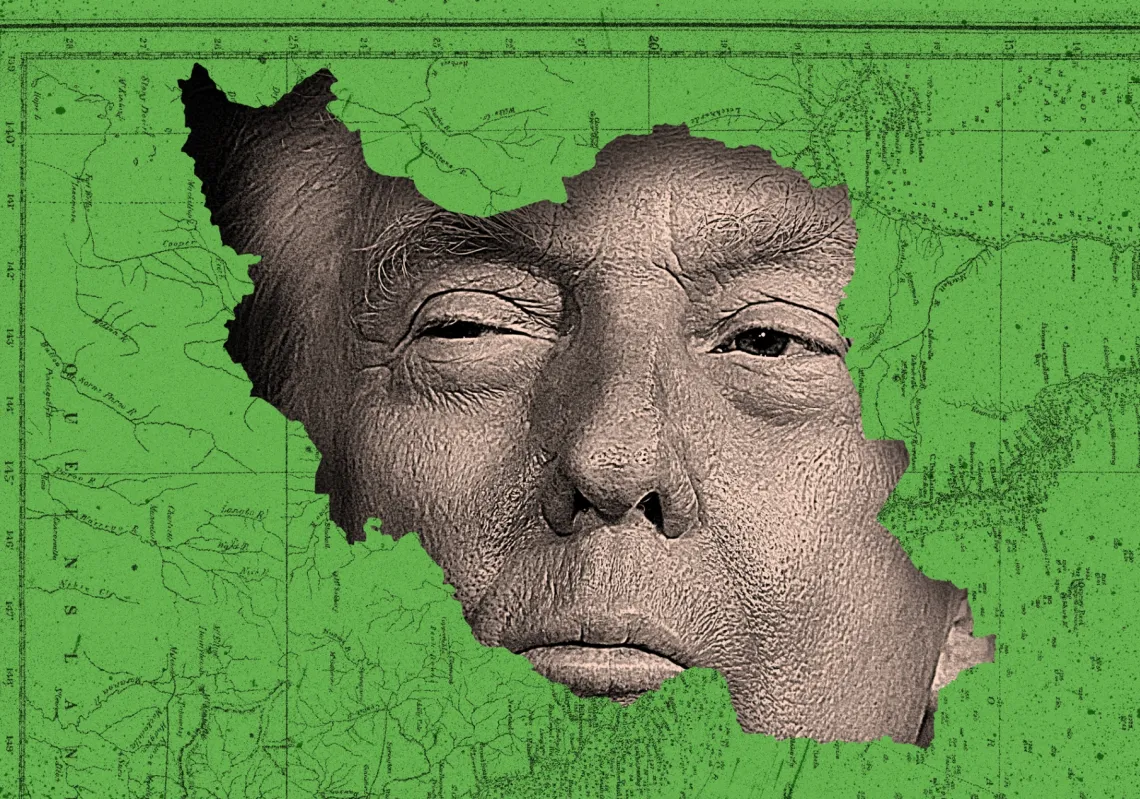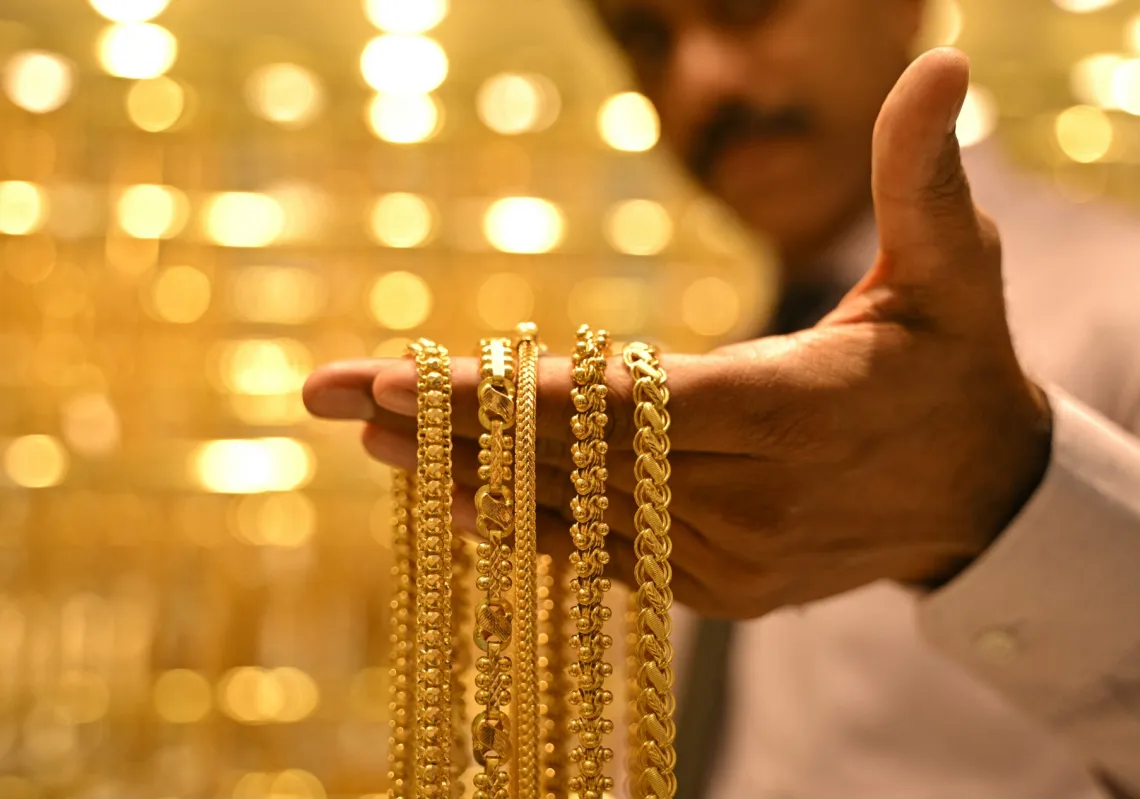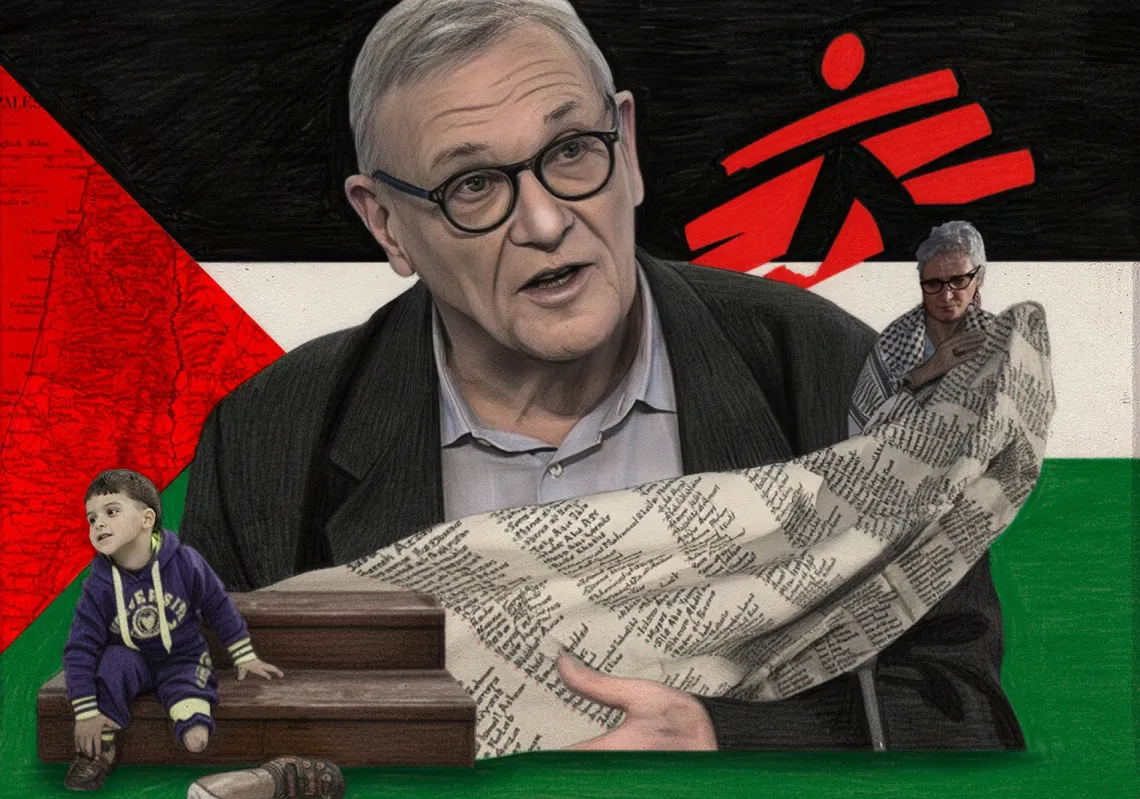A MIXED MILITARY PICTURE
On the one hand, the head of the Israeli Defense Forces Intelligence Directorate, Major General Tamir Heiman, reported Tuesday to the Knesset Foreign Affairs and Defense Committee that Iran’s presence in Syria has become a highly controversial matter in Tehran, with a sizable portion of the population opposed to it. As a result, he said, the IDF anticipates that the Iranian presence in Syria will be markedly reduced. Heiman also noted the deepening impact of Iran’s economic crisis as a result of renewed U.S. sanctions.
But also on Tuesday, Iran’s semi-official Fars news agency quoted Iranian Revolutionary Guards aerospace division head Amirali Hajizadeh as saying that Tehran had successfully tested a ballistic missile capable of reaching the expanse of the Middle East as well as Europe. He claimed that Iranian missiles’ range could even exceed 2,000 kilometers. The announcement prompted a discussion at the UN Security Council in which the U.S., Britain, and France raised alarms that the Iranian government was flouting UN restrictions. The same day, a confidential UN report seen by journalists indicated that two launch units for anti-tank guided missiles in Yemen, once possessed by the Houthis and since recovered by the Saudi-led coalition, were in fact manufactured in Iran.
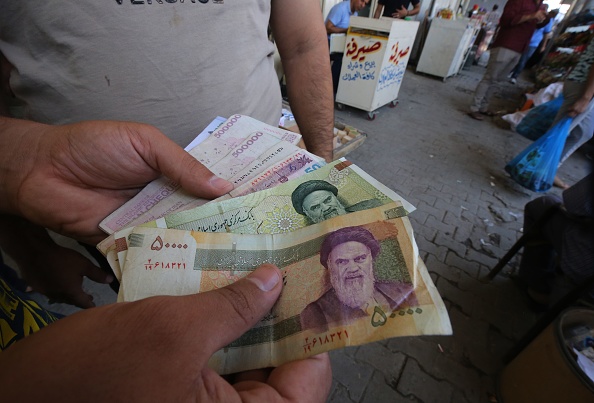
INDICATIONS OF ECONOMIC DEXTERITY
Among measures Iran has been taking to protect its economy amid staunch U.S. sanctions, the country is offering its crude oil to Asian clients at a significant discount. It is possible, for example, to purchase Iranian Light at $0.30 per barrel less than the cost of Saudi Arab Light. The pricing is expected to boost the export of Iranian oil to India and China, the country’s largest Asian trading partners. On Iranian state television, President Hasan Rouhani told his people that Iran was weathering the storm of U.S. sanctions through such measures. It has also been noted that Iran managed to win an exemption to the oil production cuts agreed to by OPEC — thanks in part to Russian support.
American sensitivity to the potentially damaging effect of secondary sanctions on other countries in the region has also proved advantageous to Tehran. Iraqi Prime Minister Adel Abdul Mahdi said Tuesday that he intends to send representatives to Washington to ask for an exemption to secondary sanctions that would enable Baghdad to continue importing gas from the country. He noted that Iraq relies on the gas for electricity, implying that the U.S. would be well disposed to shield Iraq from a situation in which electricity would need to be rationed. In a statement widely seen as copasetic to the Iraqi premier’s, U.S. Energy Secretary Rick Perry said Tuesday that Washington wants to help Iraq revitalize its own energy sector so as to reduce its dependence on natural gas imports — clearly implying imports from Iran.
FURTHER REPRESSION INSIDE IRAN
However agile Iran’s leadership claims the economy has been in the face of sanctions, U.S.-led pressure on Iran appears to coincide with a new wave of repression in the country. It was reported last week that Iran had sentenced two human rights lawyers to six years’ prison time and a third to 13 years. On Tuesday, an international rights group reported that 114 converts to Christianity had been incarcerated, with prison terms extending beyond prior limits and new rules barring the free exchange of ideas about religion among Iranian citizens.

